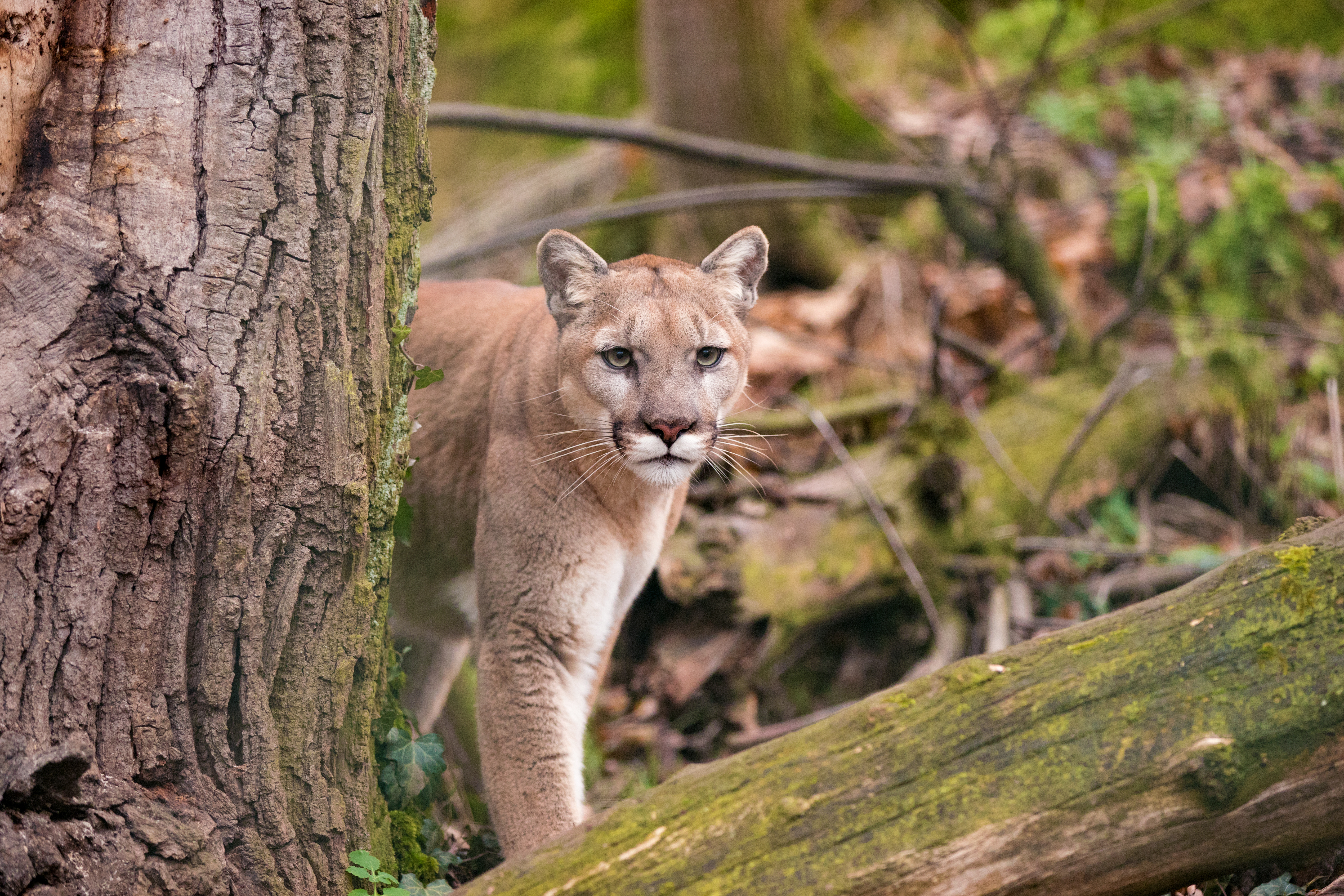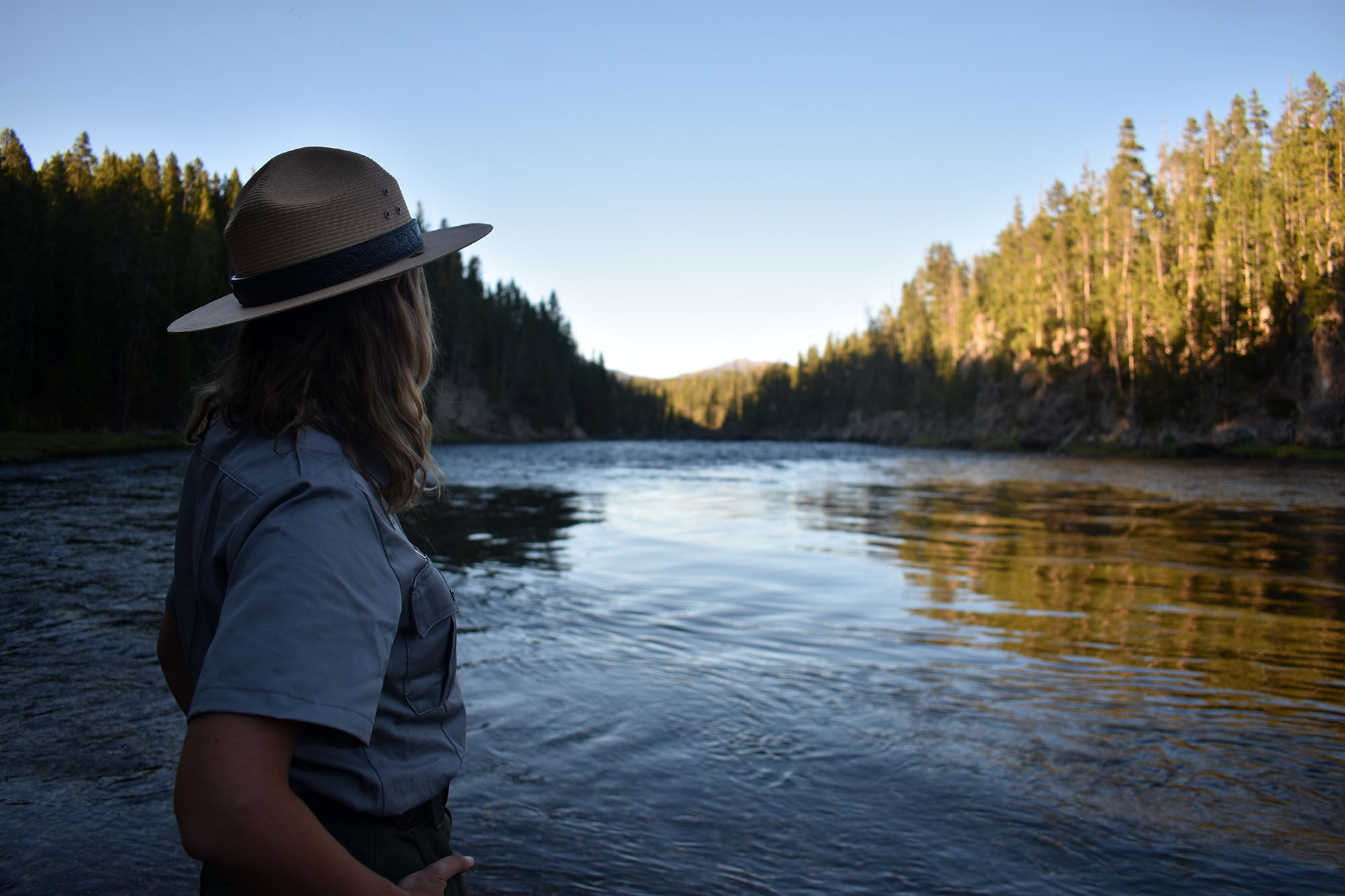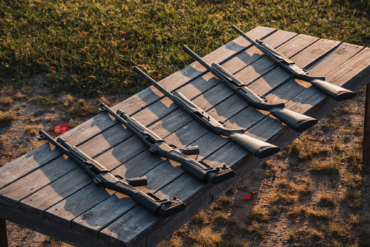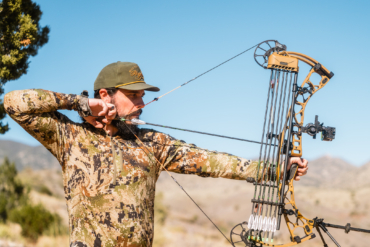On Friday, March 15, the Arizona Fish and Game Commission voted to eliminate the state’s coveted big game auction tags. For those not versed in auction tags, here’s the rundown: Some states allow a certain number of big game hunting tags to be auctioned off to the highest bidder, with the money raised going back to the respective game and fish agencies.
These auctions typically occur at hunting or conservation expos, such as Sheep Show, RMEF Events, and the Western Hunting and Conservation Expo. Arizona tags have historically been a highlight at the auction, commanding high-dollar bids.
In Arizona, the law allowed for the auction of up to three tags for each of its big game species. Auction tags have been big moneymakers for the state. For reference, this year’s Arizona bighorn sheep tag brought in $430,000. According to the Wild Sheep Foundation, the Arizona sheep tags auctioned off at its conventions alone have brought over $7.1 million to Arizona since 1984.
Last year’s Arizona statewide mule deer tag for 2023 set the record for a single auction tag at $725,000.
We aren’t talking about chump change — auction tags brought in millions for the state. But now lawmakers hope to make these tags more accessible to more people while still generating similar revenue by replacing auctions with raffles.
Arizona Game and Fish Commission Votes to End Auction Tags
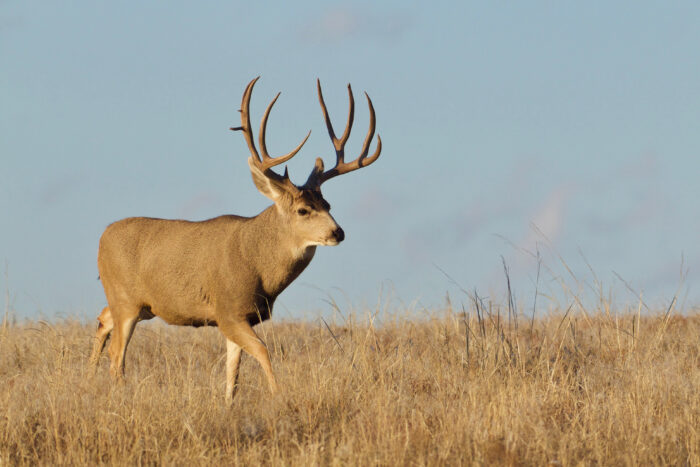
Arizona is home to some of the largest trophy-caliber mule deer on the planet. Because of this, the state’s mule deer auction tags were a target for hunters with very deep pockets.
The Friday vote came after Clay Crowder, Assistant Director of the Wildlife Management Division, presented to the five-member commission on the department’s raffle and non-raffle tags evaluation.
The presumption is that the state will likely move toward raffle tags instead of auctions.
The Growing Momentum of Raffles Over Auctions
The argument against hunting auctions comes down to equal access. Each state handles hunting tags differently. However, many states offer some form of premier tag that allows exceptional access to excellent hunting for a very limited number of people each year. It’s here that the argument of auctions versus raffles is happening.
Most hunters cannot compete with the wealthy in auctions, which often fetch well into six-figure winning bids. So, vastly more people can participate in raffles, which carry a small price tag and offer the average hunter an opportunity to shoot at the most coveted tags.
No one can deny the massive funding these tags generate. But, could the same be done with a raffle? That’s the lingering question.
Essentially, big auction buyers could still spend just as much on a raffle, but the option also opens the opportunity to those who could otherwise not compete. The logic is that a $1 million check and 1 million $1 checks spend the same.
Will Raffles Bring in the Money?
States like Montana, Wyoming, Arizona, and others already have raffle systems in place (Super Tags, Super Hunts, etc.). These are raffles that your average hunter can enter while they buy and apply for their usual tags and permits.
When it comes to these big-ticket tags in trophy states, the shift seems, well … shocking. These auctions have been big contributors to the game and fish funds. Not only are they high-dollar amounts from a single payee for a single tag, but those funds are also matched with Pittman Roberston dollars.
Some opponents of doing away with the auction tags also have compelling arguments. Many foresee increased hunting tag prices may be needed to offset funds lost with the end of auction hunts. After all, those existing Super Tag raffles historically haven’t brought in what the auction tags do.
What remains to be seen is the reality of it all. Will your average hunters collectively contribute as much to a raffle as the big-money auction tag buyers? And will the big-money auction tag buyers buy into a raffle system? I personally know of a few that probably won’t.
This will likely vary from state to state, species to species, and year to year. It’s hard to know how this will play out in the long run, but here’s to hoping the states are making the best moves forward in the name of greater conservation.




